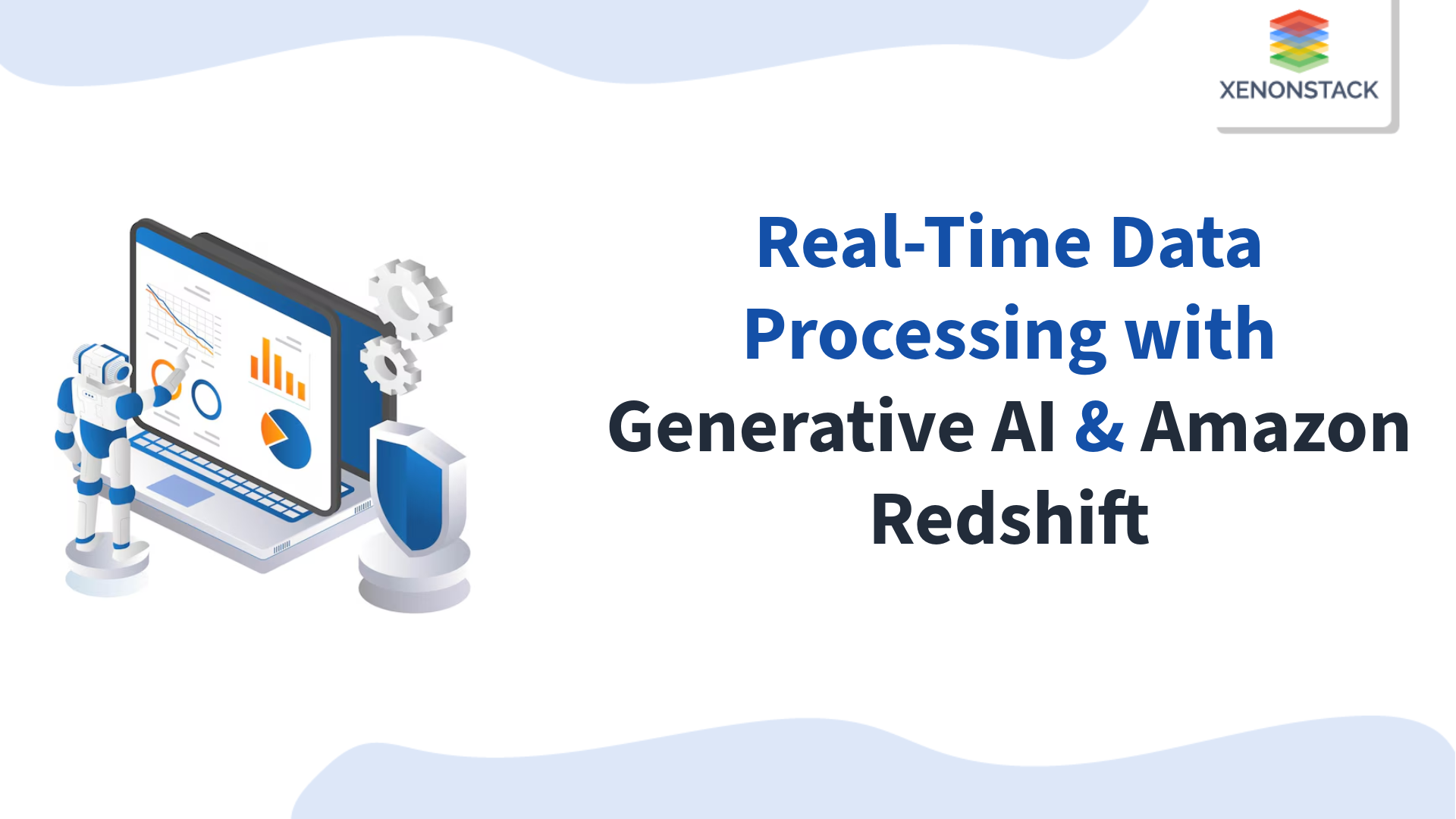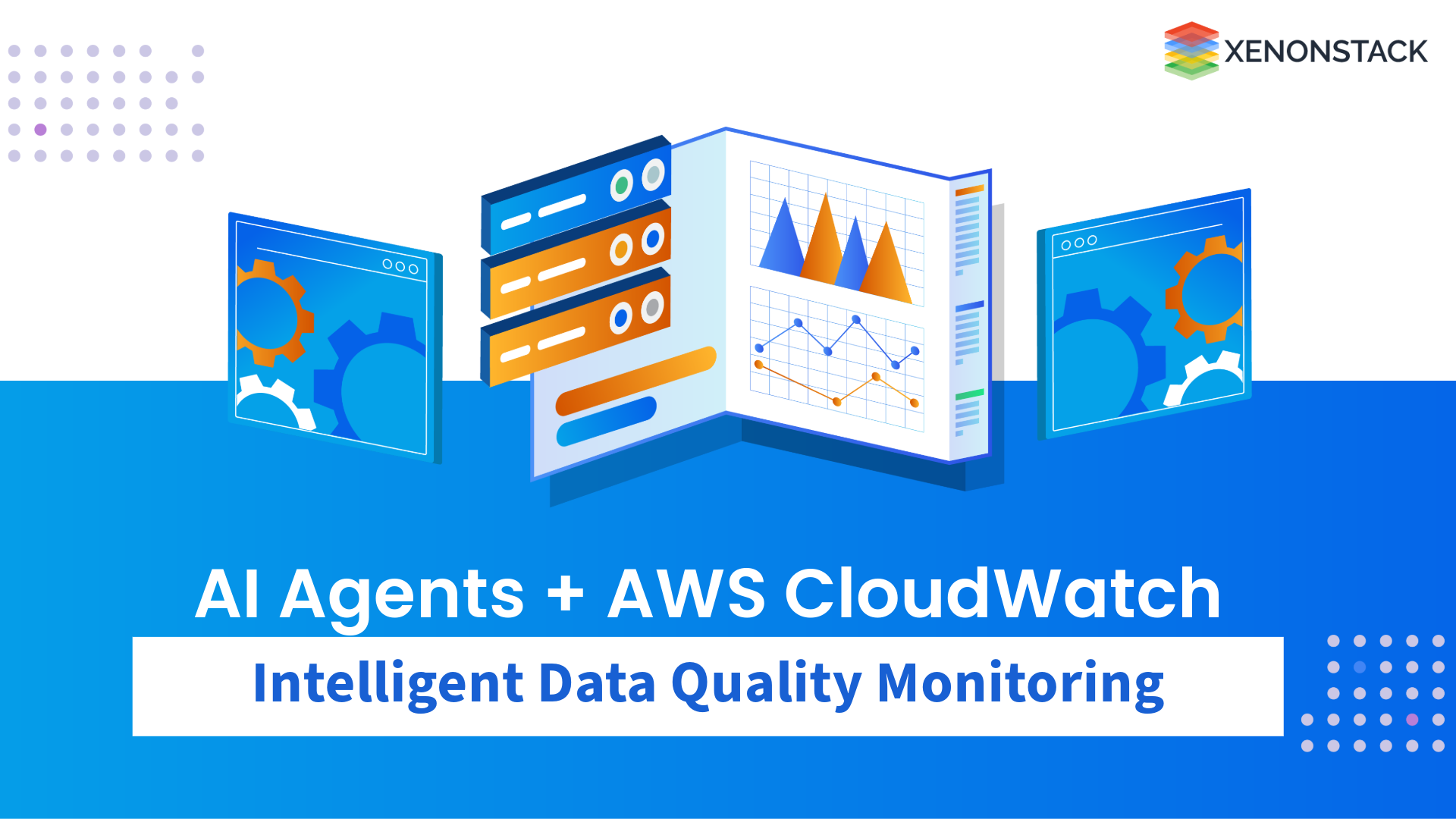Overview of AI-Powered Knowledge Retrieval
Modern organizations produce extensive unstructured data collections that consist of PDFs and FAQs together with emails and manuals. The increasing size of these repositories causes employees and customers to face difficulties when looking for information. Traditional search tools prove ineffective when combined with human reviews of numerous sources which results in reduced workplace output.
Agentic AI systems have completely transformed information retrieval through their ability to abstract essential data points from extensive database collections. Utilizing Amazon Kendra together with AI agents ensures users obtain immediate accurate answers to their queries as a way to boost knowledge retrieval capabilities. The discussion evaluates how Amazon Kendra integrated with AI agents enhances search performance and expands knowledge retrieval opportunities throughout different sectors.
The Challenges of Internal Knowledge Retrieval
Organizational information contains unstructured data that makes up 80% of the total thus manual search procedures become slow and ineffective. Growing amounts of time get wasted when employees search multiple repository locations thus reducing their productivity. The process of retrieving knowledge from traditional Knowledge graphs encountered multiple obstacles during operation.
Understanding Amazon Kendra
Amazon Kendra is an AI-powered search service designed for enterprise applications. It enables organizations to index and search vast amounts of internal data using machine learning and natural language processing (NLP). Amazon Kendra supports multiple content sources, such as SharePoint, Google Drive, and Confluence, allowing businesses to unify knowledge retrieval. With deep learning techniques, it improves the relevance of search results, providing users with quick and accurate answers to their queries.
Amazon Kendra, combined with AI agents, addresses the limitations of traditional knowledge graph retrieval:
Leveraging AI Agents for Enhanced Knowledge Retrieval
The integration of AI agents running on large language models with Amazon Kendra enables organizations to access their information base through intelligent conversational demands. Proactive AI agents leverage RAG combined with Kendra to deliver exact answers that maintain both their correctness and maintain the most recent information. RAG improves generative AI accuracy because it ensures responses use facts stored in internal databases. This approach addresses:
Key Components of AI-Powered Knowledge Retrieval with Amazon Kendra
Amazon Kendra for Document Indexing
Amazon Kendra is an AI-powered enterprise search service that enables organizations to index and retrieve information from vast amounts of structured and unstructured data. It uses advanced natural language processing (NLP) to interpret user queries, understand intent, and return relevant results with high accuracy.
Key Features of Amazon Kendra
Intelligent Search: Kendra processes queries in natural language, allowing users to ask questions conversationally rather than relying on keyword-based searches.
Multi-Source Integration: It connects with various data repositories, including:
Context Awareness: The search engine understands the context of documents, making retrieval more precise than traditional keyword-based search systems.
Automatic Document Updates: Amazon Kendra can be configured to automatically index new or updated documents, ensuring that the search results remain relevant over time.
Relevance Ranking & Tuning: Machine learning models adjust ranking scores dynamically to display the most relevant documents based on user interactions and feedback.
With Amazon Kendra as the backbone of document indexing, AI agents can quickly retrieve necessary data without requiring users to manually sift through large repositories.
AI Agents with LangChain
LangChain is a framework that enables AI-powered applications to work seamlessly with knowledge retrieval systems like Amazon Kendra. It enhances response accuracy by structuring and optimizing query processing.
Key Functions of LangChain in AI-Powered Retrieval
Retrieval Mechanism:
Context Stuffing:
Prompt Engineering:
By leveraging LangChain’s retrieval augmentation and prompt engineering, AI agents deliver precise and contextually relevant responses to user queries.
Implementation of AI Agents with Amazon Kendra
 Fig1.1. AI Agents with Amazon Kendra
Fig1.1. AI Agents with Amazon Kendra
-
User Query Processing: A user submits a question through a web interface.
-
Authentication and Security: Amazon Cognito ensures secure access to the AI-powered chatbot.
-
PII Redaction with Amazon Comprehend: Personally identifiable information (PII) is automatically detected and redacted to maintain security and compliance.
-
Document Indexing and Search: Amazon Kendra retrieves the most relevant documents based on the user’s query.
-
Response Generation using LangChain: The AI agent processes retrieved data, structures responses, and generates a coherent answer using an LLM.
-
Delivering Responses to Users: The final response is sent back via the chatbot interface, enabling real-time knowledge access.
Use Cases for AI-Powered Knowledge Retrieval
Financial Services
Problem Statement: Financial analysts and compliance officers need quick access to regulatory policies, risk assessment guidelines, and investment research. Manually sifting through multiple financial reports and databases delays critical decisions.
Solution:
-
AI-powered search retrieves financial policies, market research, and compliance guidelines within seconds.
-
Analysts can use natural language queries to extract relevant insights without manual searching.
-
Automated document updates ensure that retrieved information is always up to date.
Key Impacts:
-
Accelerated decision-making for financial analysts and risk managers.
-
Improved compliance with real-time access to the latest regulations.
-
Increased efficiency by eliminating manual document searches.
Healthcare
Problem Statement: Medical professionals often require immediate access to treatment guidelines, insurance policies, and clinical research data. Searching through extensive medical databases and patient care protocols can be time-consuming and error-prone.
Solution:
Key Impacts:
Government Services
Problem Statement: Taxpayers often struggle to navigate complex tax policies and filing procedures. Government helplines are overwhelmed with inquiries, leading to long wait times and increased operational costs.
Solution:
Key Impacts:
Benefits of Integrating AI Agents with Amazon Kendra
-
Faster Decision-Making: Financial analysts, healthcare professionals, and government officials can quickly access critical policies and regulations. Reduces delays in decision-making by providing instant access to relevant documents.

 Fig1.1. AI Agents with Amazon Kendra
Fig1.1. AI Agents with Amazon Kendra 


